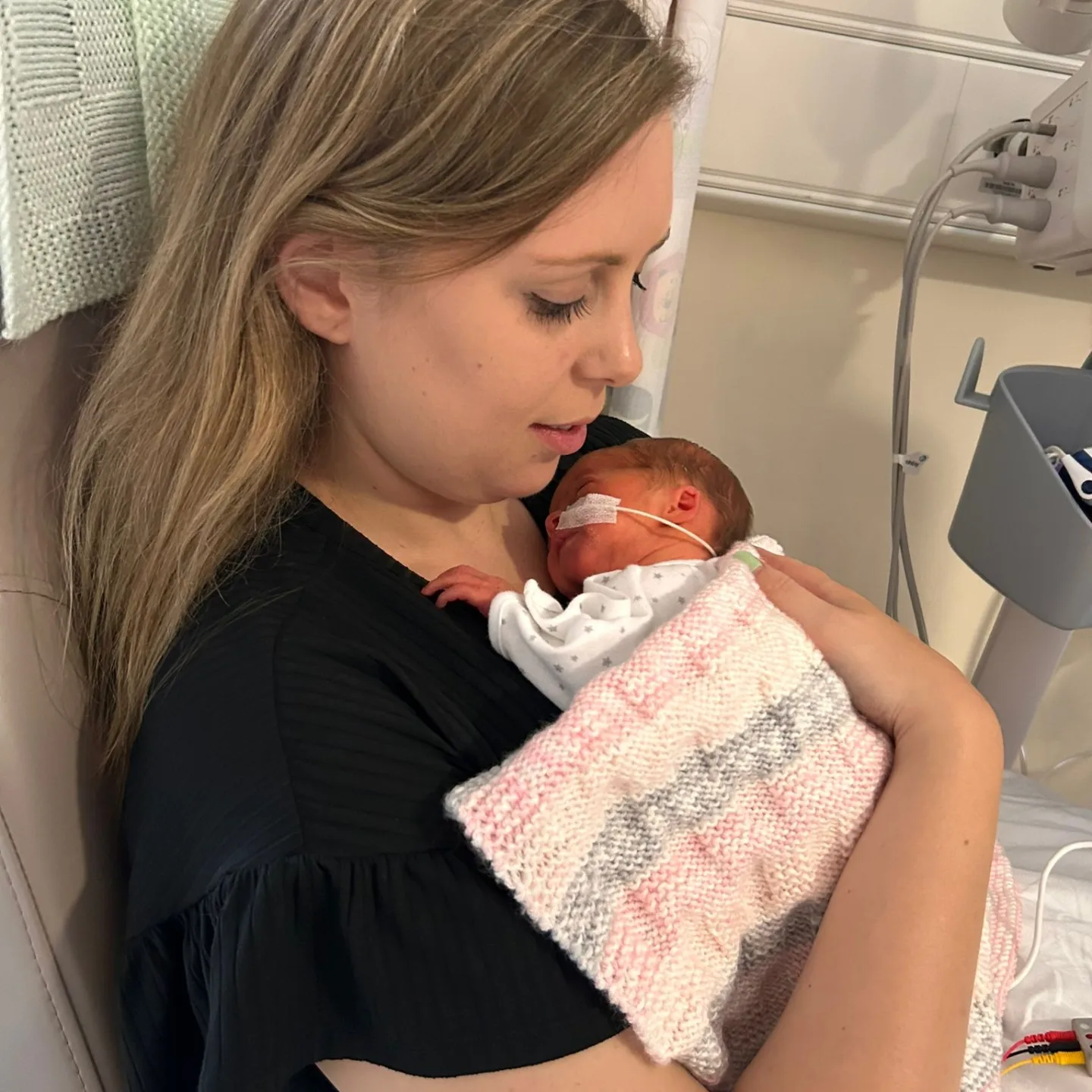World Prematurity Day
- Boom Blog

- Oct 31, 2025
- 3 min read
Written by The Watkiss Family
Every year, on the 17th November, World Prematurity Day shines a light on babies who arrive too soon. A baby is classed as premature if they’re born before 37 weeks, in the UK that’s around 1 in 13. For us, this isn’t just a date, it’s a reminder of our daughter’s beginning, and a world we knew nothing about until we were suddenly living it.

Our daughter arrived unexpectedly at just 30 weeks, weighing 3lbs 8oz. Nothing could have prepared us for what followed. Instead of the first cuddle we had imagined, a team of specialists were waiting to take her straight to the Neonatal Intensive Care Unit (NICU). She was whisked away before we’d even processed what had just happened, and we faced an agonising wait to hear if she was okay and finally see her.
The NICU is a place people don’t know much about, until they need it. Seeing our tiny baby in an incubator for the first time, surrounded by wires, tubes, monitors beeping and her eyes covered to protect them from the UV lights for jaundice, was overwhelming. She looked so fragile. We had to ask before holding her, and only for short periods before she needed to go back into the incubator to stabilise her temperature. We learnt to care for her differently: changing nappies through the holes in the incubator, taking her temperature, changing monitor wires, and feeding her through a tube. Babies born before 34 weeks can’t coordinate sucking and swallowing, so breast or bottle feeding wasn’t possible until she reached that stage.
Those first weeks were filled with fear, but also milestones that felt huge. Seeing her eyes properly for the first time once her mask was removed, choosing her first tiny outfit, moving from the incubator into a cot, and finally becoming wire-free. The NICU staff were incredible. They didn’t just care for our baby; they cared for us too. They guided us through the medical environment, reassured us through setbacks, and celebrated every little step forward.
We were fortunate that we were able to bring Lily home after just four weeks. Many babies stay in NICU until their due date, and some face far longer journeys. But prematurity doesn’t end when the babies leave hospital. Premature babies are more vulnerable to illness, something we’re experiencing now as Lily starts nursery. Their development is measured differently too, milestones are tracked from their due date, not their birth date, to give them time to catch up. Life after NICU also means ongoing hospital appointments and follow-up checks.

Today, Lily is thriving, and you’d never guess how fragile her start in life was. But those early weeks showed us the strength of premature babies, the challenges for families, and the incredible dedication of NICU teams.
We’ve been supported by two amazing charities since Lily was born, and we’re now fundraising for both so they can continue helping families like ours.
Friends of the Baby Unit is a local charity supporting Derby’s NICU. They fund vital equipment, such as incubators, and also provide wellbeing support for families.
Find helpful support here or find out how to donate
Bliss is a UK-wide charity dedicated to giving every baby born premature or sick the best possible start. Their recent campaign secured 12 weeks’ paid leave for parents with babies in NICU, a change that makes a huge difference for families.







Comments